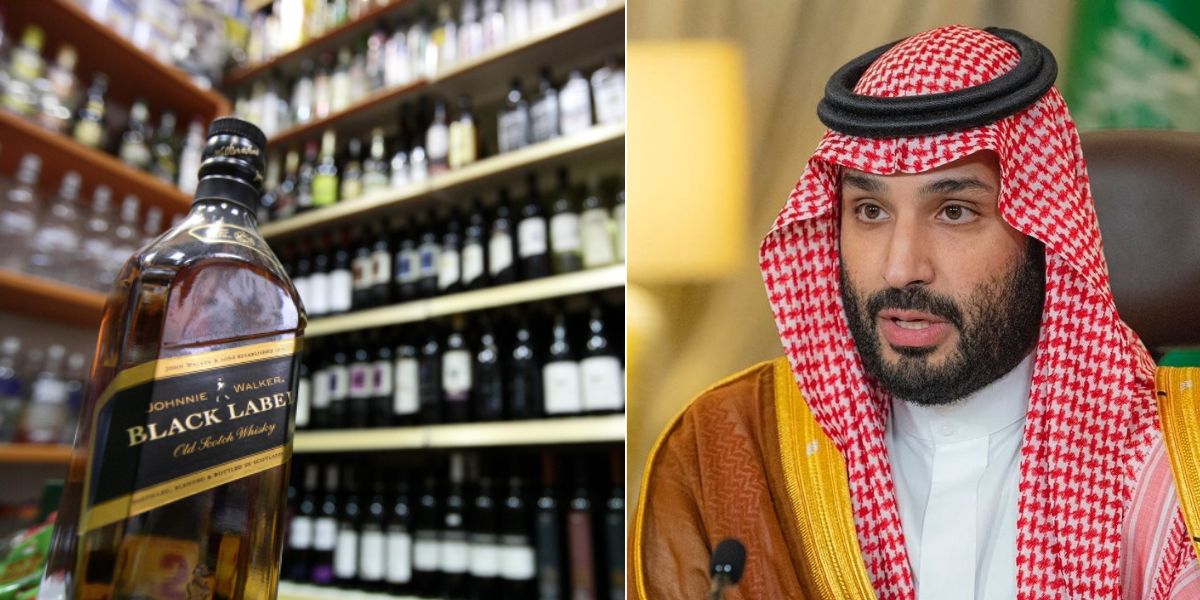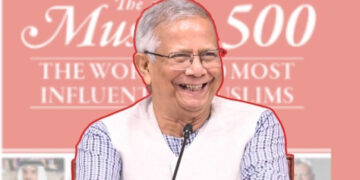A Historic Step Toward Tourism Modernization of Saudi Arabia
In a landmark policy shift, Saudi Arabia has announced that beginning in 2026, it will license the sale and consumption of alcoholic beverages in approximately 600 designated locations across the country.
This strategic reform marks a significant transformation in the Kingdom’s traditionally strict regulatory stance on alcohol and supports its broader vision to modernize the tourism sector particularly as it prepares to host Expo 2030 and the 2034 FIFA World Cup.
Controlled Legalization in High-End and Restricted Zones
Under the new policy, the Saudi government will allow the sale of wine, beer, and cider excluding spirits and beverages with over 20% alcohol content only in strictly controlled environments. These include:
-
Five-star hotels and luxury resorts
-
Licensed distributors and foreign embassies
-
International tourist hubs such as Neom and the Red Sea’s Sindalah Resort
-
Residential compounds housing non-Muslim expatriates
-
Designated international cultural, sporting, and business events
This model draws inspiration from neighboring Gulf states like the United Arab Emirates and Bahrain, where regulated alcohol availability has significantly enhanced the tourism experience and increased foreign visitor numbers. Saudi Arabia now seeks to replicate this success while carefully maintaining religious and social norms.
Maintaining Cultural Identity Through Regulation
Despite its progressive nature, the policy is accompanied by strict regulatory controls. Alcohol sales will remain banned in:
- Open public spaces
- Private residences
- Local retail shops
- Homemade production
Licensing will be highly selective, and venues must adhere to operational protocols that ensure responsible consumption. Service staff will undergo specialized training to align with Saudi customs and laws, minimizing risks of misuse and preserving cultural sensitivities.
Read More: “Plans from Delhi to Divide Bangladesh” – Says Nahid Islam
The government emphasizes that the goal is not to normalize alcohol consumption, but rather to accommodate international standards in a way that aligns with Saudi Arabia’s Islamic identity and societal values.
Vision 2030 and Economic Diversification
This change forms part of Vision 2030, the Kingdom’s ambitious national plan to reduce dependence on oil and build a diverse, sustainable economy. Tourism is central to this vision, with goals to:
- Attract over 100 million visitors annually by 2030
- Develop world-class infrastructure for hospitality, events, and recreation
- Encourage foreign direct investment in non-oil sectors
Licensing alcohol in a limited, controlled manner is expected to boost employment in hospitality, events, and tourism management. It will also make Saudi Arabia more attractive to:
- Global hotel chains
- International event organizers
- MICE (Meetings, Incentives, Conferences, and Exhibitions) markets
Several international hotel brands have already begun negotiations to renovate and re-purpose properties, anticipating future demand for venues permitted to serve alcohol under the new framework.
A Delicate Balance Between Tradition and Progress
Saudi Arabia’s decision to partially legalize alcohol underscores a delicate balancing act. On one hand, it demonstrates a commitment to becoming a modern, globally competitive destination. On the other, it reinforces the Kingdom’s dedication to preserving its religious and cultural values.
This reform is not merely symbolic, it is a calculated economic strategy. With rising competition in the Gulf tourism sector, Saudi Arabia must innovate while respecting its unique identity. By doing so, it offers a model for modernization with cultural integrity a rare blend in global policy-making.
The introduction of alcohol licenses is expected to have far-reaching impacts beyond hospitality:
- Job Creation: Thousands of new roles in hotels, restaurants, logistics, and event planning
- Revenue Generation: New income streams from regulated alcohol distribution and tourism services
- Cultural Exchange: A more inclusive environment for global tourists, diplomats, and business travelers
Furthermore, this reform strengthens Saudi Arabia’s bid to host international mega-events successfully, where international norms must be met to attract global audiences and sponsors.
A Transformational Yet Measured Reform
Saudi Arabia’s move to license alcohol in select venues is more than a policy update, it is a symbol of change, signifying the Kingdom’s transition into a more open, inclusive, and economically diversified society. With tight regulatory oversight, cultural sensitivity, and global partnerships, this reform has the potential to transform not only the tourism industry but also the way the world sees Saudi Arabia.
As the Kingdom opens its doors to the world, it does so not by abandoning its roots, but by carefully expanding its horizons—blending tradition with transformation in a way that could redefine regional hospitality standards for years to come.
Source: Wine Intelligence
Share via:


















